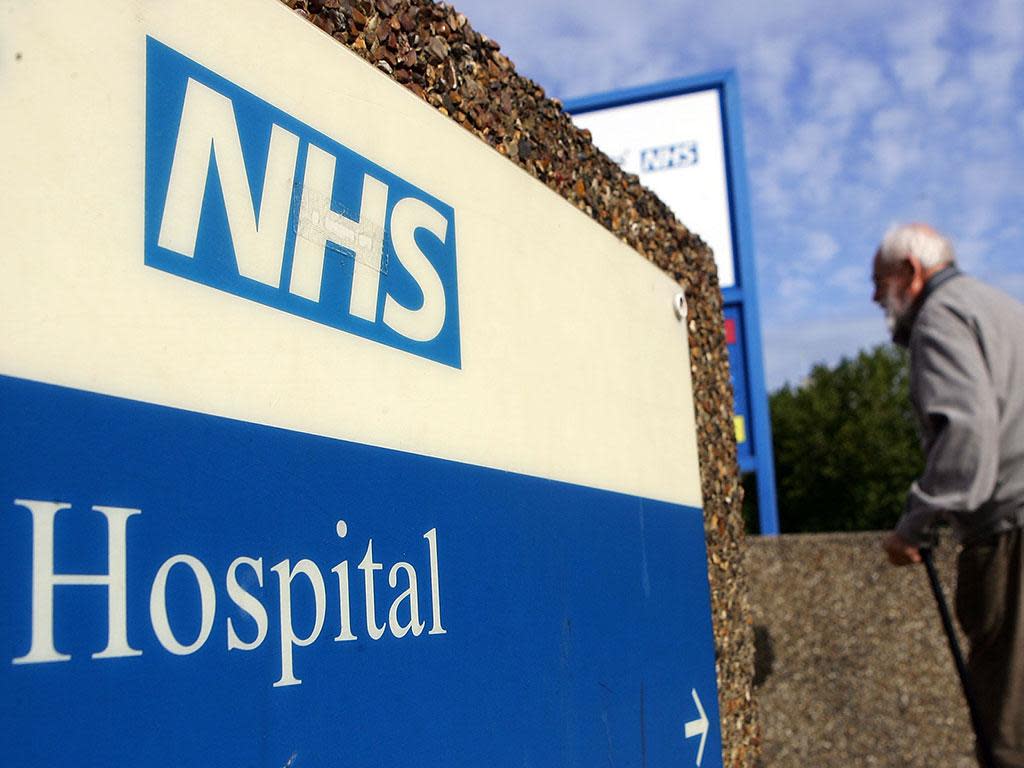The Government's handling of the NHS has pushed it to crisis point

When it is said that one of the reasons for the swing against the Conservatives in the general election was that voters were tired of austerity, it may be that the state of the National Health Service was an important part of this verdict.
The NHS itself did not feature much in the campaign. All three main parties promised to increase health spending, and Labour’s plans were “marginally more generous than those of the Conservatives and Liberal Democrats”, according to Professor Chris Ham at the independent King’s Fund. But that difference was enough to move votes, and the Government must now recognise the depth of the crisis.
In an exclusive interview with The Independent, Janet Davies, the chief executive of the Royal College of Nursing, today warns Theresa May that staff shortages leave the NHS on the brink of another Mid Staffs hospital scandal putting hundreds of lives at risk.
This is a crisis that has been building for some time. The Conservative Government since 2010 protected real-terms spending per patients, and Ms May has promised to continue that policy in the new Parliament. But the rate of increase in spending contrasts sharply with the boom years of the Labour Government, and has failed to keep up with the increasing demands of an ageing population.
Over the past two years, the strains on the NHS have really started to tell. Last year, Jeremy Hunt, the Secretary of State for Health, managed to end the junior doctors’ dispute over new contracts, but the underlying problems remain. In January, the Red Cross warned of a “humanitarian crisis”.
Now, the RCN says that several factors have come together to hit nursing recruitment. Public sector pay restraint means nurses’ wages are low while job stress is high; the abolition of nursing bursaries has cut the supply of new trainees; while the Brexit vote has discouraged new arrivals from the rest of the EU.
The Independent also reveals today how the number of GPs seeking specialist help for substance abuse and mental health problems is “increasing day on day”. The signs of a health service entering the danger zone are unmistakeable.
One of the consequences of the election result is that the Government is going to have to accept a higher path for public spending over the next few years. Enough of the voters – Labour, Liberal Democrats and Greens together amounted to 50 per cent of the Great British electorate – were prepared to raise more in taxes to pay for it. Of course, more money alone is not enough, but without it any attempts at reform are bound to end in demoralisation and confusion.
The mandate from the people may have been muffled, but it was nevertheless unmistakable: whoever succeeds Ms May as leader of the Conservative Party knows that, in order to be competitive at the next election, they will have to put more money than was promised in the manifesto into the NHS and social care over the next few months and years.


